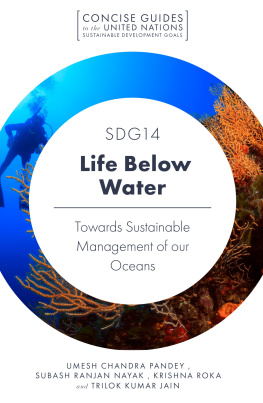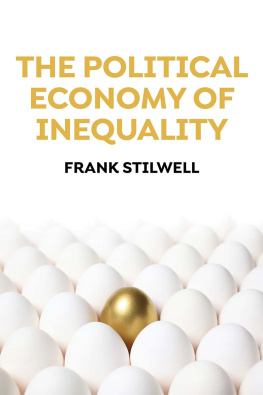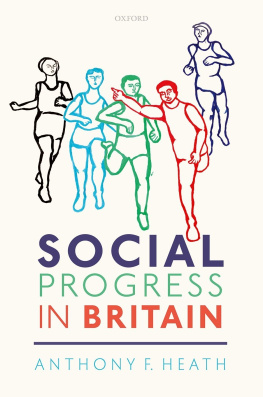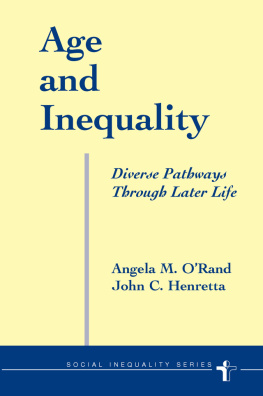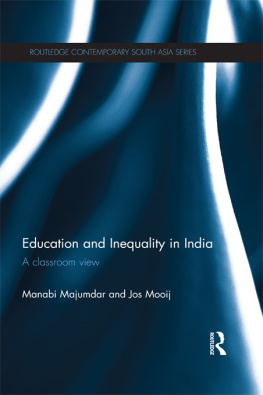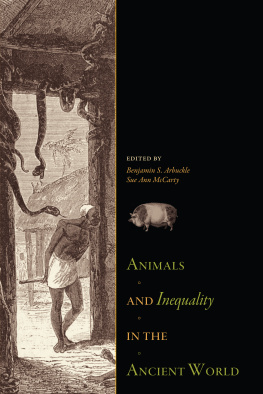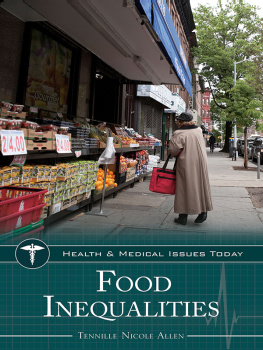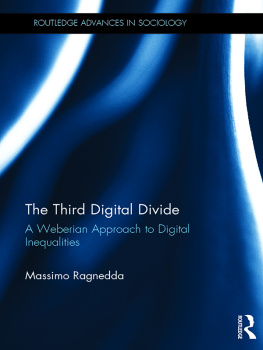CONCISE GUIDES TO
THE UNITED NATIONS
SUSTAINABLE
DEVELOPMENT GOALS
Series Editors
Walter Leal Filho
World Sustainable Development Research and Transfer Centre, Hamburg University of Applied Sciences
Mark Mifsud
Centre for Environmental Education and Research, University of Malta
This series comprises 17 short books, each examining one of the UN Sustainable Development Goals (SDGs).
The series provides an integrated assessment of the SDGs from an economic, social, environmental and cultural perspective. Books in the series critically analyse and assess the SDGs from a multi-disciplinary and a multi-regional standpoint, with each title demonstrating innovation in theoretical and empirical analysis, methodology and application of the SDG concerned.
Titles in this series have a particular focus on the means to implement the SDGs, and each one includes a short introduction to the SDG in question along with a synopsis of their implications on the economic, social, environmental and cultural domains.
SDG10 REDUCE
INEQUALITY WITHIN AND
AMONG COUNTRIES
UMESH CHANDRA PANDEY
Indira Gandhi National Open University, India
CHHABI KUMAR
Rani Durgavati University, India
MARTIN AYANORE
University of Health and Allied Sciences, Ghana
HANY R. SHALABY
Independent Researcher and Consultant, Egypt
United Kingdom North America Japan India
Malaysia China
Emerald Publishing Limited
Howard House, Wagon Lane, Bingley BD16 1WA, UK
First edition 2020
2020 Umesh Chandra Pandey, Chhabi Kumar, Martin
Ayanore, Hany R Shalaby
Published under an exclusive license by Emerald Publishing Limited.
Reprints and permissions service
Contact:
No part of this book may be reproduced, stored in a retrieval system, transmitted in any form or by any means electronic, mechanical, photocopying, recording or otherwise without either the prior written permission of the publisher or a licence permitting restricted copying issued in the UK by The Copyright Licensing Agency and in the USA by The Copyright Clearance Center. No responsibility is accepted for the accuracy of information contained in the text, illustrations or advertisements. The opinions expressed in these chapters are not necessarily those of the Author or the publisher.
British Library Cataloguing in Publication Data
A catalogue record for this book is available from the British Library
ISBN: 978-1-78769-984-7 (Print)
ISBN: 978-1-78769-981-6 (Online)
ISBN: 978-1-78769-983-0 (Epub)
ABOUT THE AUTHORS
Umesh Chandra Pandey holds an M.Phil. in Environmental Science and PhD in Physics. Presently, he works as Regional Director of Indira Gandhi National Open University (IGNOU) at Bhopal (India).During nearly three decades of professional career, he has performed several academic and administrative responsibilities in IGNOU where he joined initially as Lecturer in Physics in 1990 and subsequently rose to the level of Dy Director and Regional Director. He also worked as Director (Knowledge Management) in School of Good Governance and Policy Analysis (Bhopal, India), where he significantly contributed to the identification, compilation and dissemination of best practices in governance.His current research interests include the Open & Distance Learning and Sustainable Development.
Chhabi Kumar has done her Masters in Social Work from Tata Institute of Social Sciences, Mumbai, India, with specialization in Family and Child Welfare. She has experience of working in a wide variety of agencies / institutions spanning around thirteen years, which includes special school, reproductive and child health setting, issue of community health and sanitation. She worked as a Senior Research Fellow with Rani Durgavati University (RDVV), Jabalpur and completed her Doctorate in Social Work from the same university. Her research interests include issues in Higher Education, Open and Distance Learning System of education, sustainable development, gender issues among others. Currently, she is working with the Department of Sociology and Social Work, RDVV, Jabalpur.
Dr. Martin Amogre Ayanore is a health economist and health policy/health systems Researcher. Dr Ayanore has worked previously areas related health and nutrition, food security, and water sanitation &hygiene (WASH) in Africa. He has strong skills in research and development, with over a decade of experience in projects design, implementation and evaluation. Dr Ayanore has been a visiting professor to Queens University, Canada; a two-time John Hopkins Bloomberg School of Public Health fall fellow;a visitingresearch scientist to the Royal College of Physician of Ireland, Dublin, and, a onetime recipient of the American Society of Tropical Medicine Travel awards. Dr Ayanore lectures at the School of Public Health, University of Health and Allied Sciences, Ghana. He is actively engaged in teaching and research. His research interest spanshealth economics, community health and its determinants, Health Technology Assessment, health financing, Universal Health Coverage, care, maternal and child health and healthy ageing in lower middle income countries.Dr Ayanore is a co-founder of the Centre for Health Policy AdvocacyInnovation& Research in Africa (CHPAIR-Africa), a research think tank based in Accra, Ghana. His also a member, Royal Society of Tropical Medicine and Hygiene (RSTMH), UK, member of WHO Health Financing Technical Network (HFTN Main Community), and collaborator to the Global Burden of Disease Network, University of Washington, USA.
Dr. Hany Shalaby has built a 20 -year career with Climate and Environmental Resources, the World Bank and the African Development Bank and currently as an International Development and Adaptation Consultant with IFAD, UNEP, and through international consortia, with the EU, the Adaptation Fund (AF) and the Green Climate Fund (GCF) around promoting sustainable development and harnessing knowledge, smart communication, tools, and information technology solutions for scalable green, impact investments and climate finance.He is currently focusing on broker-aging knowledge, initiatives, programs, and projects; bringing tools, technology, and information systems to the emerging and developing world, to the SS and North African ministries of environment and climate change, and particularly to the vulnerable and marginalized communities; disseminating Safeguards, Fiduciary elements and Sustainability Standards and streamlining green reporting (monitoring and evaluation) structures while mainstreaming green growth into economic and climate financial planning in selected countries.Dr. Shalaby is committed to amplifying the transformational and paradigm shift changes of strategies, programs, projects, adaptation and mitigation practices and action plans and maximizing the development impact of energy, water, land, and ecosystem (natural,productive, and built) findings, through safeguarding, governance, and gender mainstreaming, stakeholders engagement and institutional strengthening, and better targeting, capacity building, promotion, and communication of research, education, entrepreneurship, insights and knowledge.


